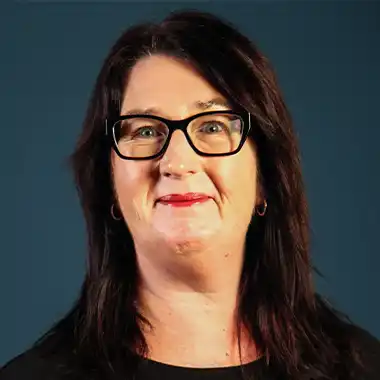
Glenn is a clinical psychologist and an academic at the School of Psychology, Deakin University. Glenn’s research aims to develop and evaluate practical strategies and supports for children, parents and schools that improve attendance. To achieve this aim, Glenn collaborates with colleagues from a range of disciplines both locally in Australia and from around the world.

Lisa is an academic in the Faculty of Education at the University of Melbourne. Lisa has extensive experience as a teacher working in a range of education settings with a particular focus on students with disability. Her research intersects health and education and focuses on school attendance problems, positive behaviour support, and inclusive education.
Information in the menus below was updated in July 2025. To contribute information that may be of interest to others in your country, please contact your country’s hosts: Glenn Melvin (glenn.melvin@deakin.edu.au) or Lisa McKay-Brown (lisamb@unimelb.edu.au).
Not for profit
Missing School - work to solve the academic and social isolation facing kids with serious physical and mental illness and injury when they miss school.
MissingSchool is an Australian not-for-profit keeping students with complex health and attendance issues connected to their schools, learning and peers. Since 2018, their national school telepresence service has reconnected thousands of classmates and trained hundreds of teachers. They’ve secured government adoption of a new attendance measure for chronic health-related absences, support parents and educators through digital communities and tailored resources, and drive national efforts on data, policy and practice in consultation with the Commonwealth Department of Education.
MissingSchool works to solve the academic and social isolation facing students with serious medical and mental conditions and injury when they miss school. Their helpline and directory links to best practice information, guidance and resources for parents, teachers, peers and health professionals.